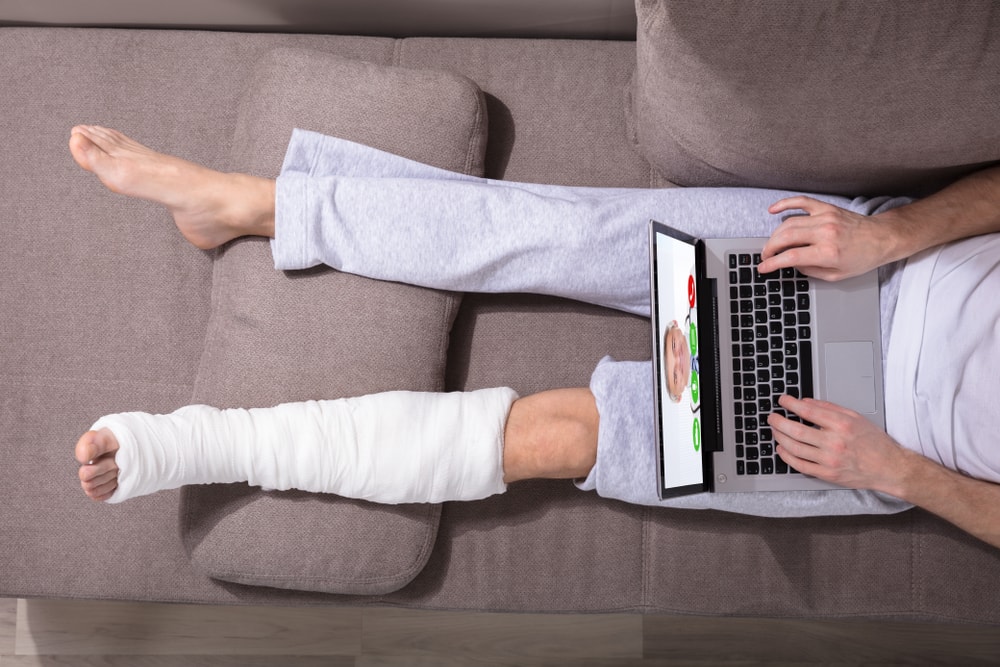Social media: it’s one of the most pervasive fixtures of our society. Today, social media has more than 3.484 billion users worldwide, up 9% year-over-year. That’s a massive number, and it just goes to show how ingrained in our everyday lives it’s really become.
While social media can have many positive impacts, like helping us stay connected to our friends and family members, and providing an up-to-the-minute news source. It also can present some complicated issues & situations.
Privacy concerns, for example, are a primary concern, and they take forms many people are not aware of. While most of us know nothing on social media is truly private, few people consider how what they post can impact their legal life and court cases. If you’ve recently experienced a car accident, for example, social media can derail your accident claim or injury case.
Here’s what you need to know.
When You Shouldn’t Share on Social
Oversharing on social media isn’t always problematic, at least not in a legal sense. Sure, ranting about an ex-boss may be a poor choice, but it probably won’t land you in court. If you overshare about your car accident, though, it could be used as evidence against you.
Today, the court system is happy to admit social media content as evidence, both for and against your case. In one recent case, Largent v. Reed, the plaintiff stated that her recent car accident caused a great deal of physical and mental anguish. During the trial, though, defendants brought up the plaintiff’s Facebook photos, posted to her account after the accident. The images showed the plaintiff enjoying life, going to the gym, and attending social outings.
In light of the evidence, the case slowed down considerably. The plaintiff was required to provide all login information for her social media accounts. The lesson, in this case, is that social media won’t always support your cause. In fact, it can cause your case to take an unexpected turn.
What Not to do on Social
If you’re filing an accident claim, avoid these social media mistakes:
- Don’t talk about your case. If you’re going to post on social, do not mention your situation. Even comments you see as positive or inconsequential can be used against you in court.
- Don’t post pictures. Even if you’re not posting anything directly related to your case, you should refrain from posting photos at all. Even seemingly unrelated pictures can derail your case.
- Don’t share details. If your case is moving through the court system, do not share details about the proceedings. You may not be legally allowed to talk about some of these things, and doing so could land you in serious trouble.
Hire a Skilled Personal Injury Attorney to Represent you
Personal injury cases can be challenging to navigate, and an experienced lawyer is critical to help you walk through the process. To learn more, or to schedule your consultation, contact Ward & Barnes today.

